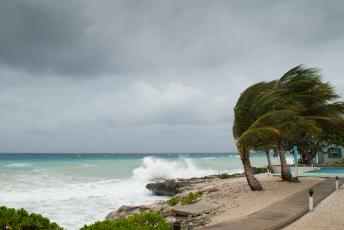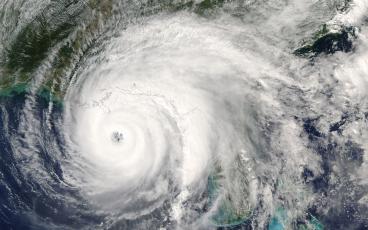Government overreach is an issue that strikes a bipartisan chord. For some, the May 19th ruling by a federal appeals court – which eliminates the Federal Aviation Administration’s (FAA) 2015 requirement that hobbyists register their drones – may serve as a badge of freedom from the perpetual gaze of “Big Brother.” From that perspective, the court’s decision upholds the rule of law and keeps the prying hands of government at bay from techy gadget enthusiasts that just want to fly their toy Star Wars Millennium Falcon drones in peace.
But the impacts of this case go well beyond the issue of government overreach…
The court’s decision holds severe implications. At its core, it prevents registration of the country’s 2.15 million hobby drones weighing between 0.55 and 55 pounds – a number that could exceed 4 million by 2020, according to FAA. The purpose of the Registration Rule was to better enable enforcement of drone operations by requiring a unique registration number listed on each aircraft, similar to a license plate. But now, millions of drones with no visible link to their operators will occupy the national airspace: a move that threatens national security, public safety, and the operations of both commercial and hobby drones.
For starters, this case exposes a deep vulnerability in a world where rogue actors like the Islamic State (who has already weaponized unmanned aircraft in the Middle East) can secure bombs to drones and fly them into densely populated areas or into our nation’s critical infrastructure. Many drones under 55 pounds can carry heavy payloads; some can even carry up to 40 pounds! To put that into perspective, just 3.5 pounds of C-4 plastic explosive can demolish a concrete pillar. Imagine the damage 40 pounds could do…
On the other (and admittedly less extreme) hand is the issue of privacy. Bad actors could use drones to surveil or map critical infrastructure sites for legal or other nefarious purposes. Many AFPM members handle chemicals regulated by the Department of Homeland Security. Bad actors must never gain access to these and other chemicals…but allowing millions of drones to fly without a crucial tracking mechanism may endanger this goal.
Beyond security and safety concerns, eliminating hobbyist registrations jeopardizes the future of both commercial and hobby drone operations. The door’s now wide open for dangerous incidents to occur, and it only takes one hobbyist’s mistake before the entire drone regime gets a regulatory lashing. This means all of us hungrily awaiting pizza delivery drones in the near future may as well kiss those extra-cheese and pepperoni dreams goodbye. So, while drone enthusiasts everywhere celebrate this decision as a win against government overreach, it instead presents a host of problems that could lead to stricter, knee-jerk regulations for hobby and commercial drone users alike.
Removing registration requirements for millions of drones is a dangerous move; one that now holds chilling implications for national security, public safety, and the operations of all drones. It’s in our country’s best interest to mitigate the reckless impacts of this decision…before it’s too late.


